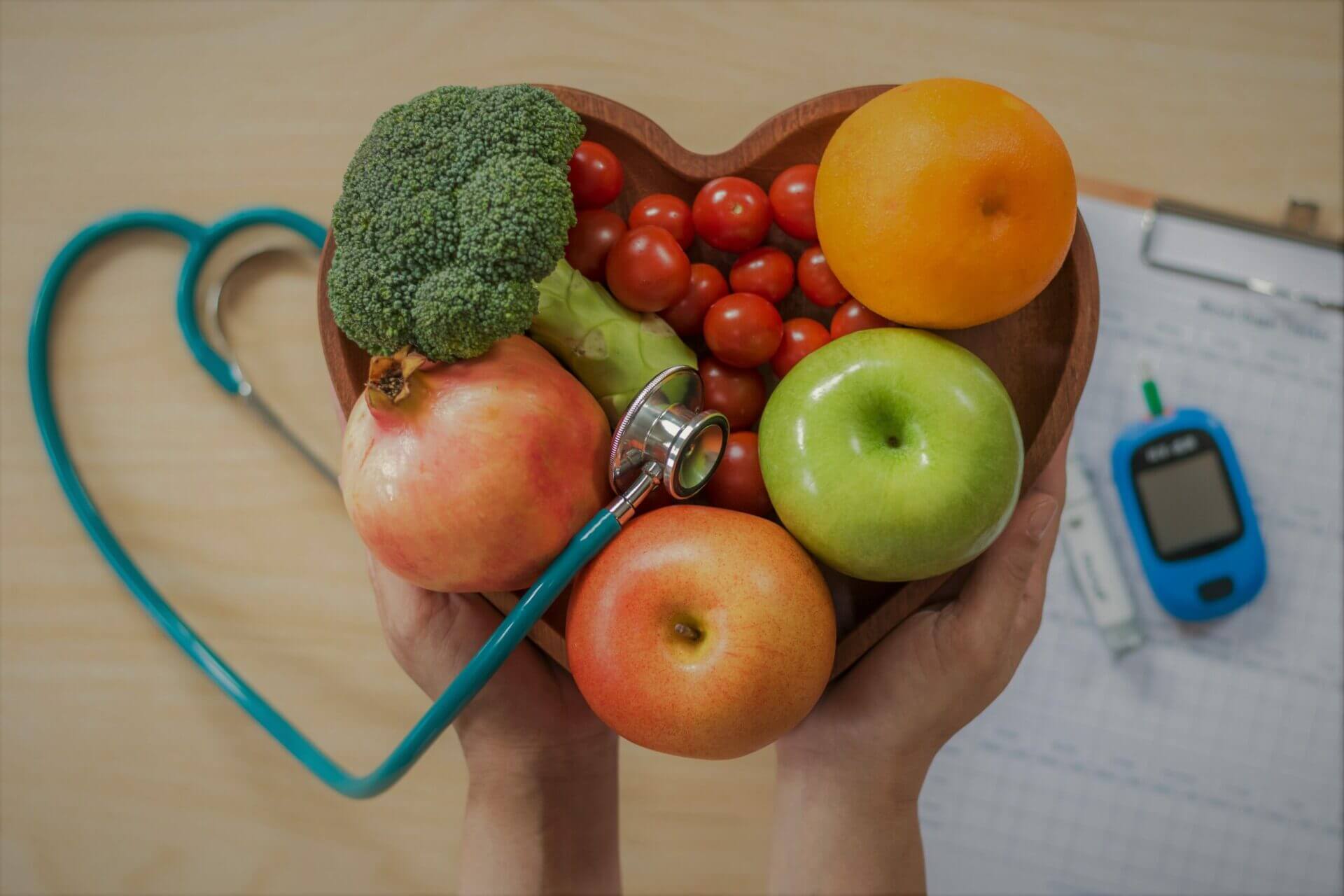










EXCELLENTTrustindex verifies that the original source of the review is Google. Extremely satisfied with the experience. You guys are doing a great and fantastic jobTrustindex verifies that the original source of the review is Google. I chose to consult with a Dietitian because I needed to someone to guide me on what to eat right and help create a proper plan. Since I started, I have had proper a diet and more energy. Would gladly recommend Khairo to anyone, they are the best at what they do.Trustindex verifies that the original source of the review is Google. I had an excellent experience with Khairo Diet Clinic! I went in for a consultation to get a personalized meal plan aimed at reducing high cholesterol and liver fat. The professionalism, knowledge, and support from the team were outstanding. The follow-up consultations throughout the 3-months period are also worth mentioning. Thanks to their expert guidance and tailored dietary plan, I saw a significant reduction in my cholesterol levels—a result I’m truly grateful for. The whole process was smooth, informative, and empowering. A special appreciation to Hygeia HMO as well, for covering the cost of the consultation and meal plan. It made accessing quality health care much easier and stress-free. I highly recommend Khairo Diet Clinic to anyone looking to improve their health through proper nutrition!Trustindex verifies that the original source of the review is Google. Khairo diet your services are top notch I enjoyed my sessions with my dietitian am always looking forward for my consultation days with her. She is so friendly and caring because of this bond I ensure my weight reduces more before my consultation just to see Her lovely smiles cheering me up and encouraging me to follow my diet plan. Thanks a lot and thanks to my HMO Lead way always on point. I lost 11kg from my weight from 95kg to 84kg and still counting following my diet plan and my routine exercises. Thank you Khairo diet. You are doing wellTrustindex verifies that the original source of the review is Google. It was wow, my sugar level was 469 and my weight was 89, just in less than 3 months when I use khario miracle happen, my sugar level is now 95 and my weight is 84 after following the instructions as explained, thank you khario God bless youVerified by TrustindexTrustindex verified badge is the Universal Symbol of Trust. Only the greatest companies can get the verified badge who has a review score above 4.5, based on customer reviews over the past 12 months. Read more
Free Metabolic Health Test
How do you know the best diet for weight loss?